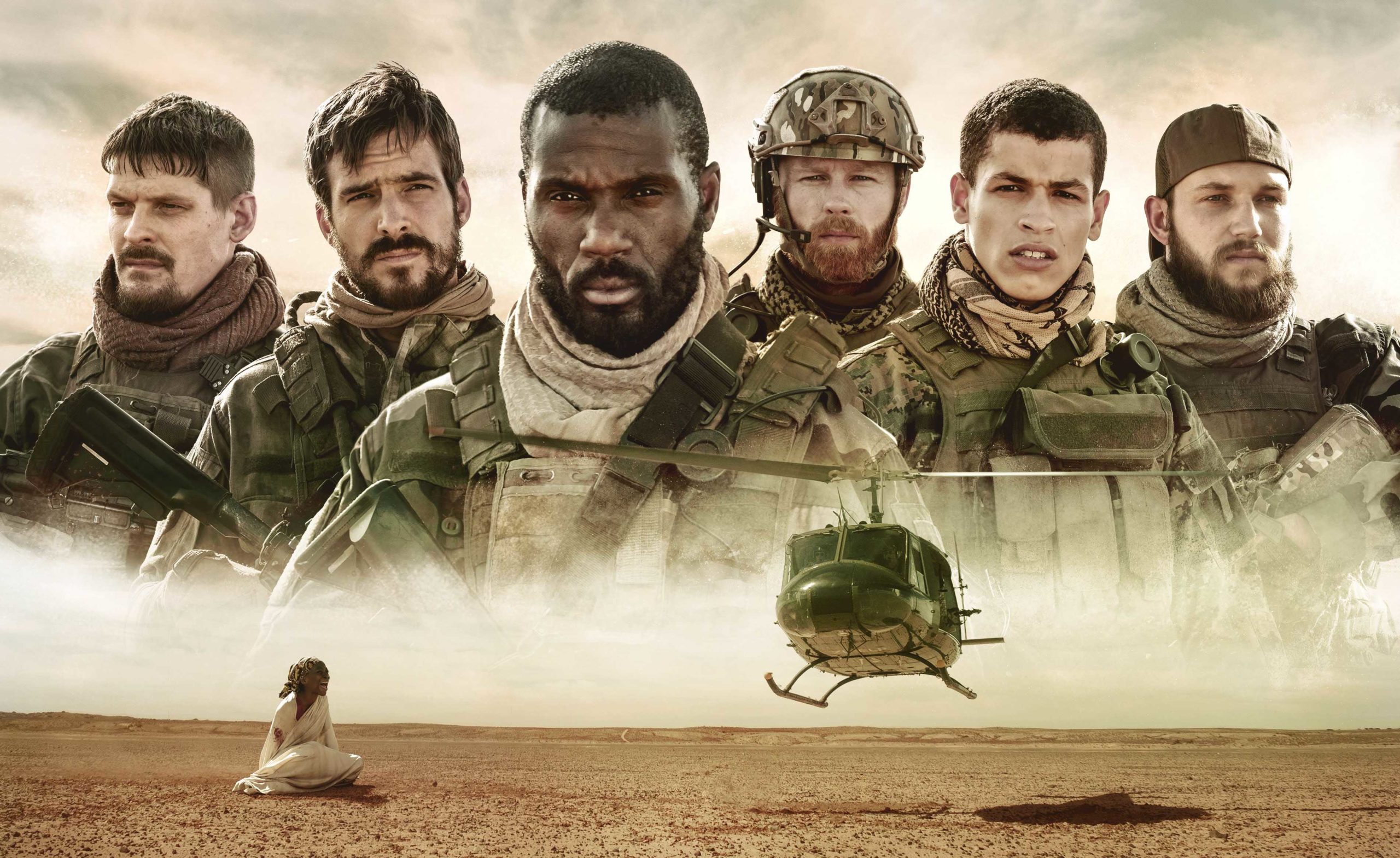Kaja Wolffers on New NL Film & TV, Avrotros’ ‘Commandos’ at Series Mania
By Emiliano Granada
LOS ANGELES (Variety.com) – NL Film & TV and Avrotros’ Dutch contribution to this year’s digital Series Mania establishes in its first 30 seconds that it is far more than a typical war thriller.
Narrated with elegant editing that is both stylized and controlled, the series’ directors, Iván López Núñez and Hanro Smitsman, focus their attention on the peripheries that surround violence, and its haunting consequences.
The ten-hour show follows upstanding former Dutch Special Forces commander John de Koning (Werner Kolf) who still struggles with the traumas of a secret mission in Northern Nigeria which ended in the deaths of civilians and terrorists – only to save the life of a man who turned out to be a cruel pedophile.
After the man reappears in the Netherlands, now a sinister, threatening Nigerian Minister, the life of John and his platoon come under fire when John is put in charge of the Minister’s security.
Distributed worldwide by Lagardère Studios Distribution – one of its multiple series it had selected for Series Mania and Canneseries – the series forms part of the Series Mania online Digital Forum and will air on NPO3. A crossover series – part actioner, part reflection on the war’s legacies – it forms a departure for much of European higher-end drama production.
Variety talked with Kaja Wolffers, producer and creative director at NL Film & TV, about the show.
The nature of the series feels quite unique as it plays both in the niche mainstream thriller with clear tinges of upscale arthouse drama. Did this come from script or was developed while shooting?
What we’ve worked with was a group of creatives who combined good thriller skills with a more arthouse background. We felt that this series could distinguish itself from the more usual fare in being a bit darker, a bit more psychological, without losing its ‘whodunit’ value.
How was the process of research and which were the key findings when writing about soldiers?
We made sure that writers, creatives and directors could spend a lot of time with soldiers and ex-soldiers. One of the things that really gripped their imaginations is the difficulty that many of the soldiers had in combining their personal family life with the traumas of soldier work. Almost all the soldiers they spoke were suffering from some form of PTSD. We’ve grown up with a cliché of heroism around warfare. The reality seems to be that in war everybody loses.
One of the aspects that immediately stands out from the series is the editing, which manages to both have a gripping rhythm in the set pieces and be formally playful during the flashbacks, going beyond narrative and more of a sensorial experience. What were your references when confronting these two?
We have taken a long time to perfect the edit. What Marcel Wijninga and Boelie Vis (editors) and Ivan Lopéz Núñez and Hanro Smitsman (director) did really well was use the tension in the series “present” and combine that with the more laid back approach that the flashbacks in Africa had. Hanro as a director has a more art house background, whereas Ivan is more of a thriller director. The editors did a great job in combining these energies in a single strength. We hope that we were able to make this work as a thriller with a deep psychological twist.
It feels as if the series is more interested in the aftermath of violence than violence itself. There’s a clear refusal to avoid the gory moments that other series would indulge in. What were your interests when telling the story of this commando?
What we wanted to show is the reality that in war everybody loses. John has been traumatized by the mission. It ruined him and made him incapable of being a “normal” father. As the story progresses, we show that the mission left nobody unscathed. It’s a war series, but in fact an anti-war series.
What were your ideas when defining the soundtrack to the show?
In the soundtrack we also wanted to get inside the minds of our main characters. To externalize their inner struggle. Everything they do is influenced by this trauma inside of them. The music makes this relatable and understandable for the audience.

